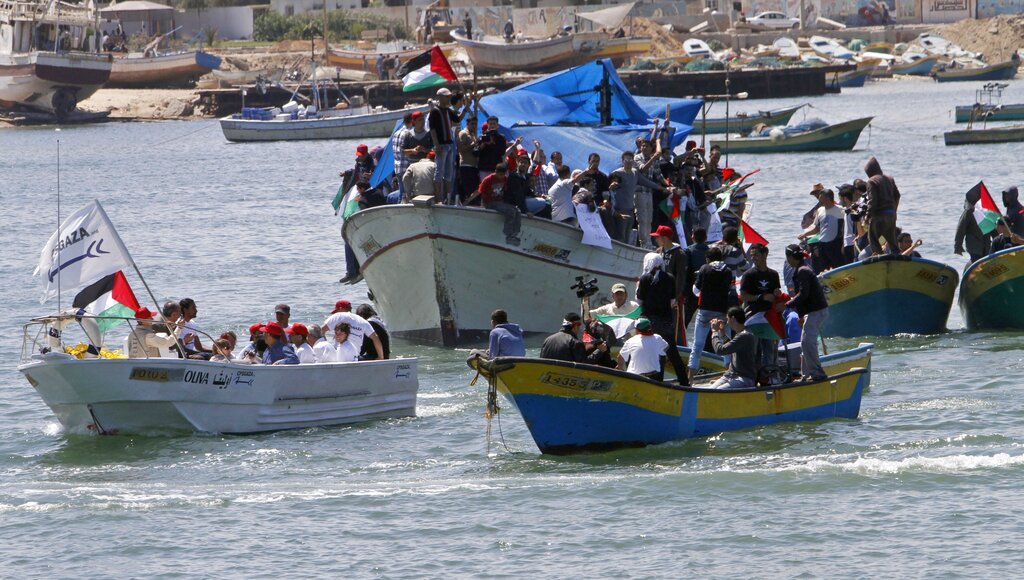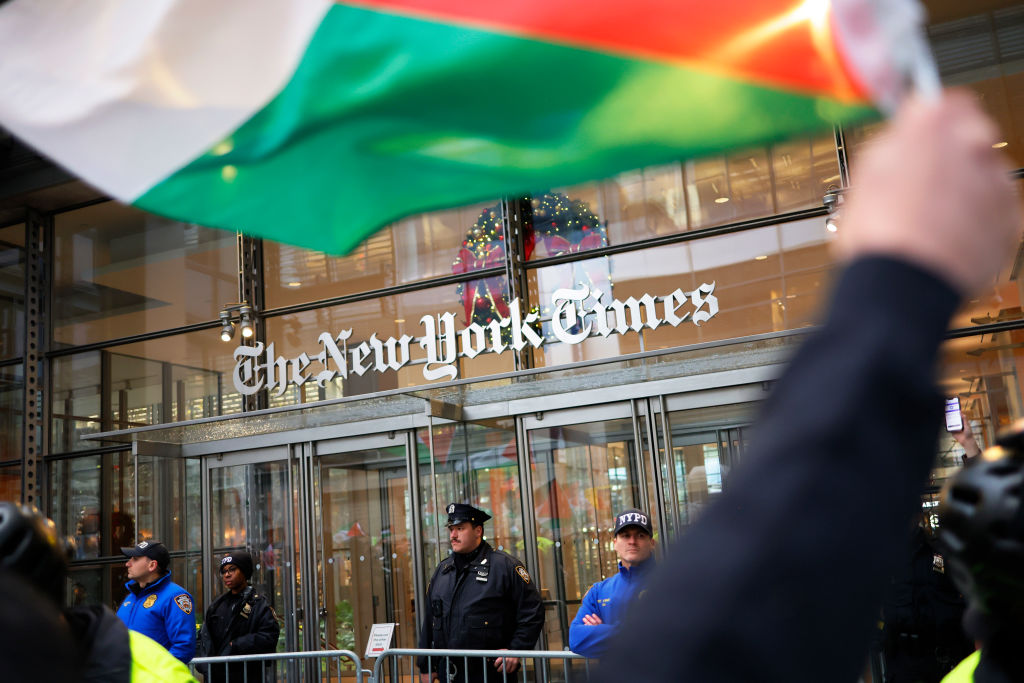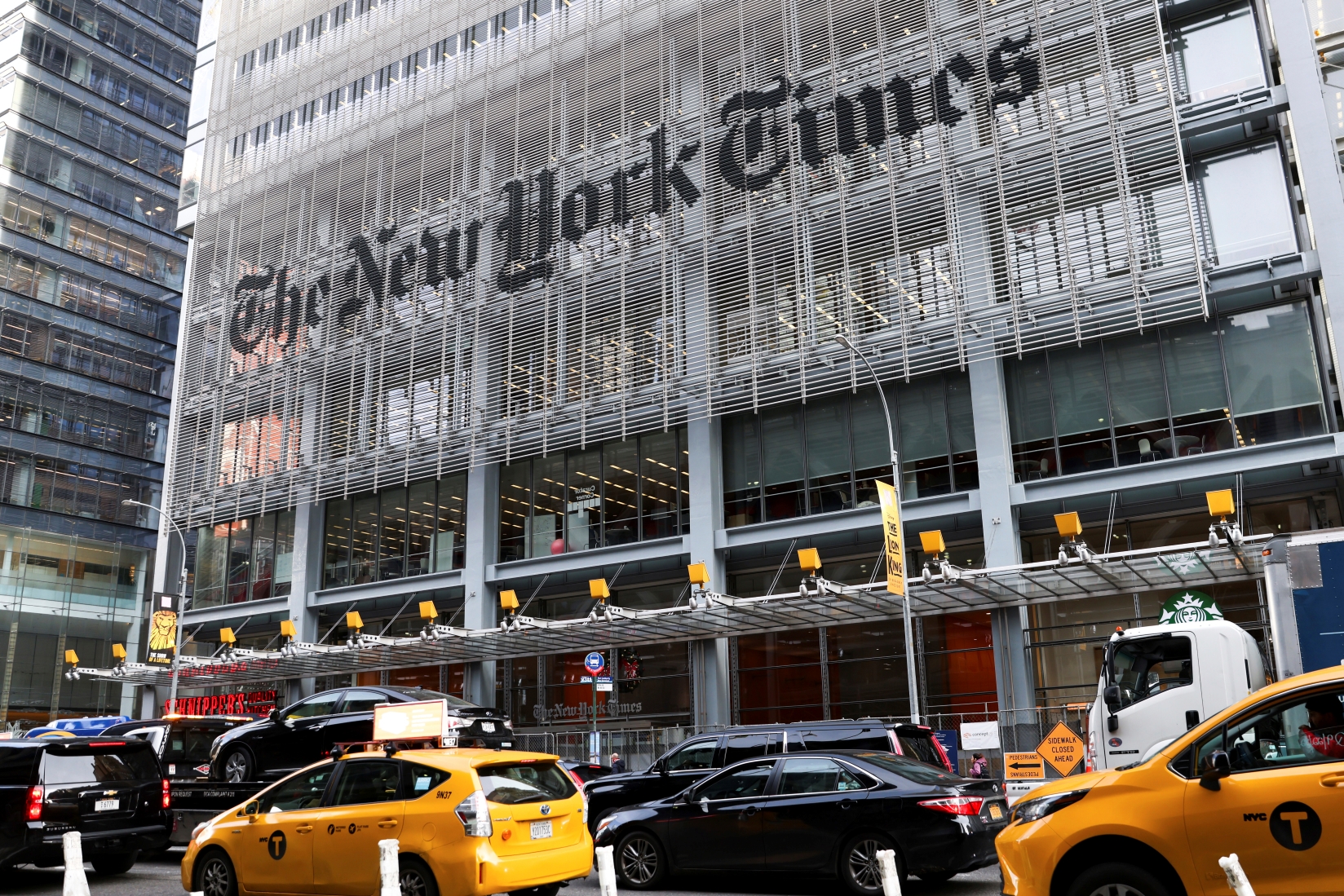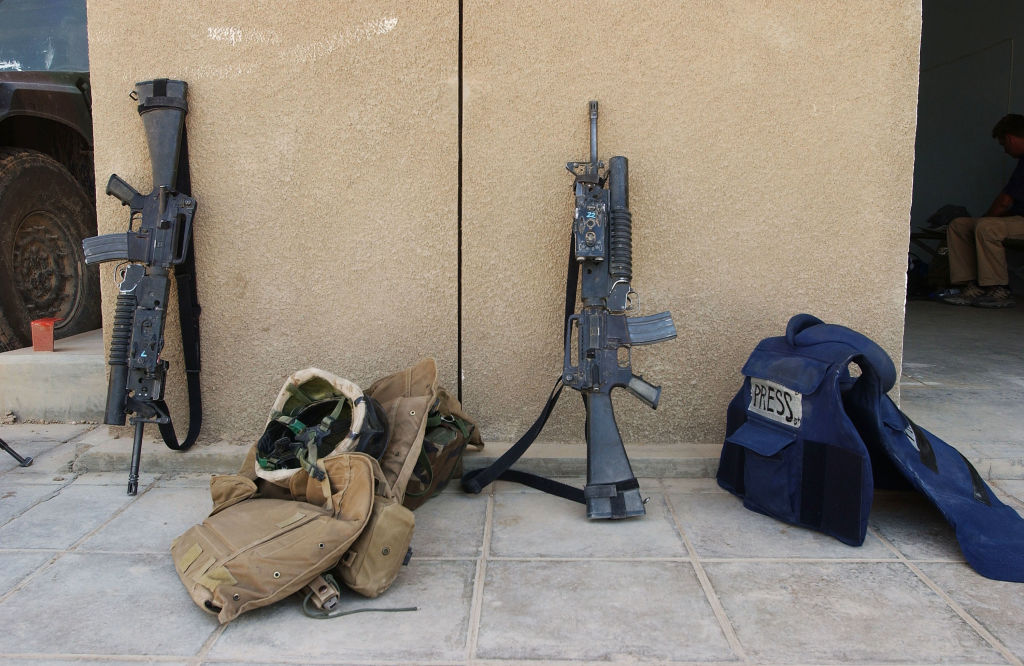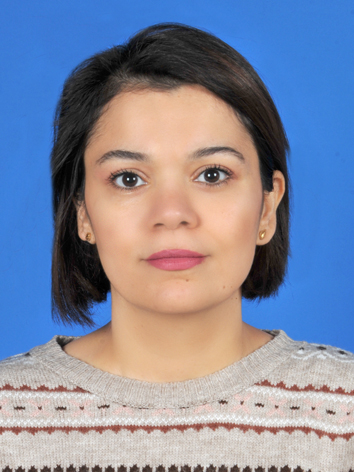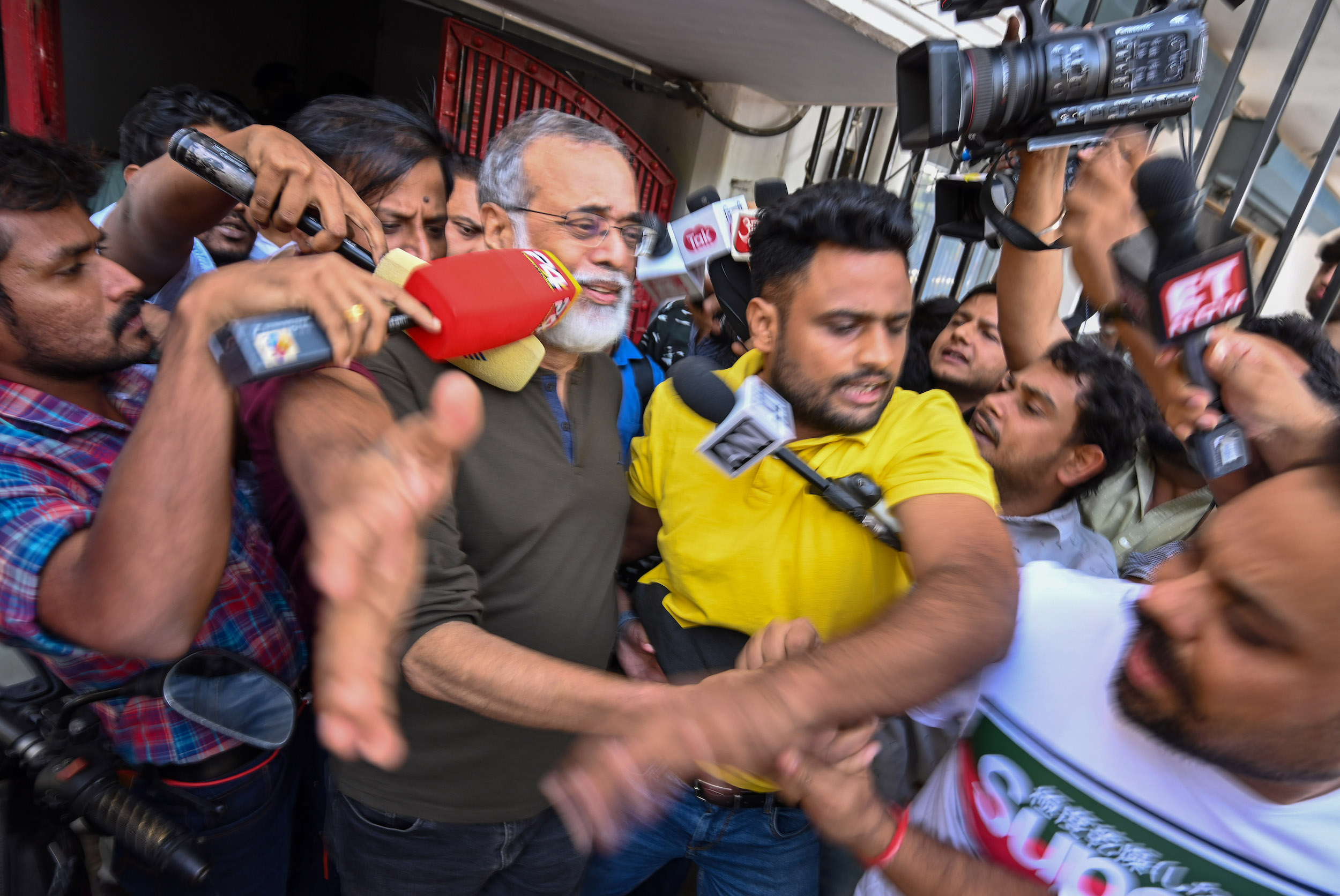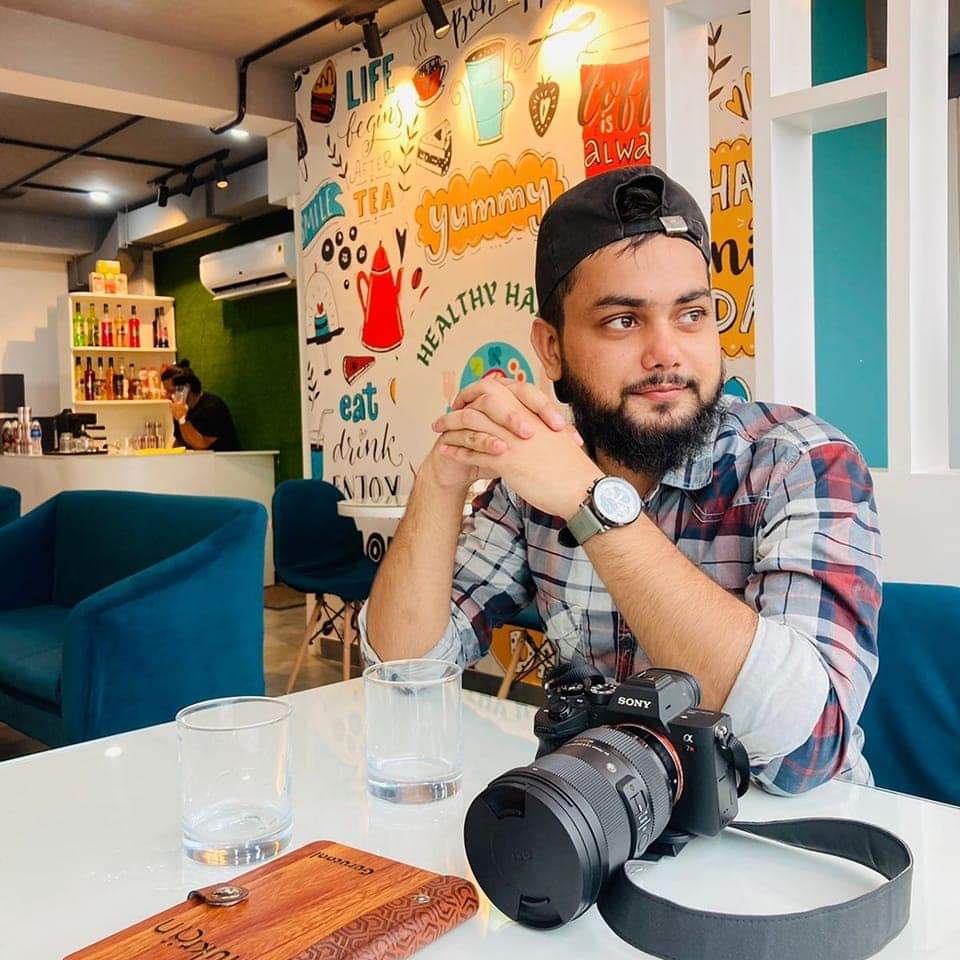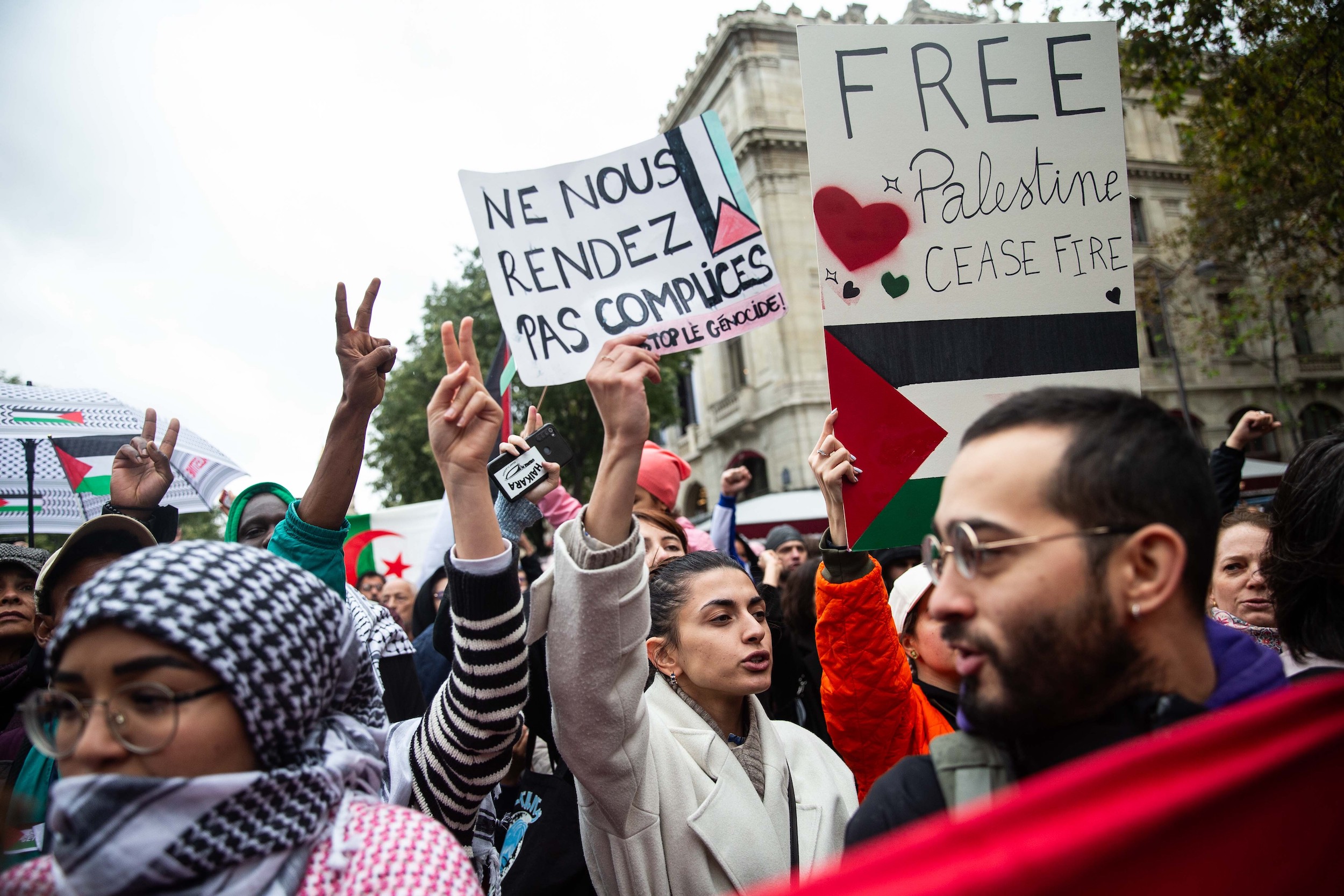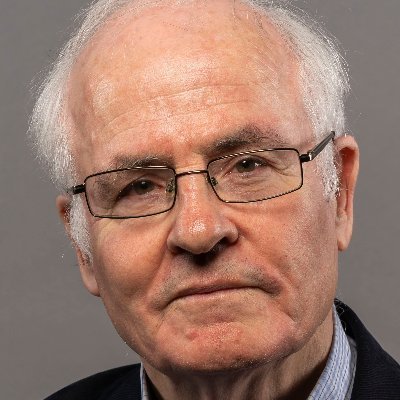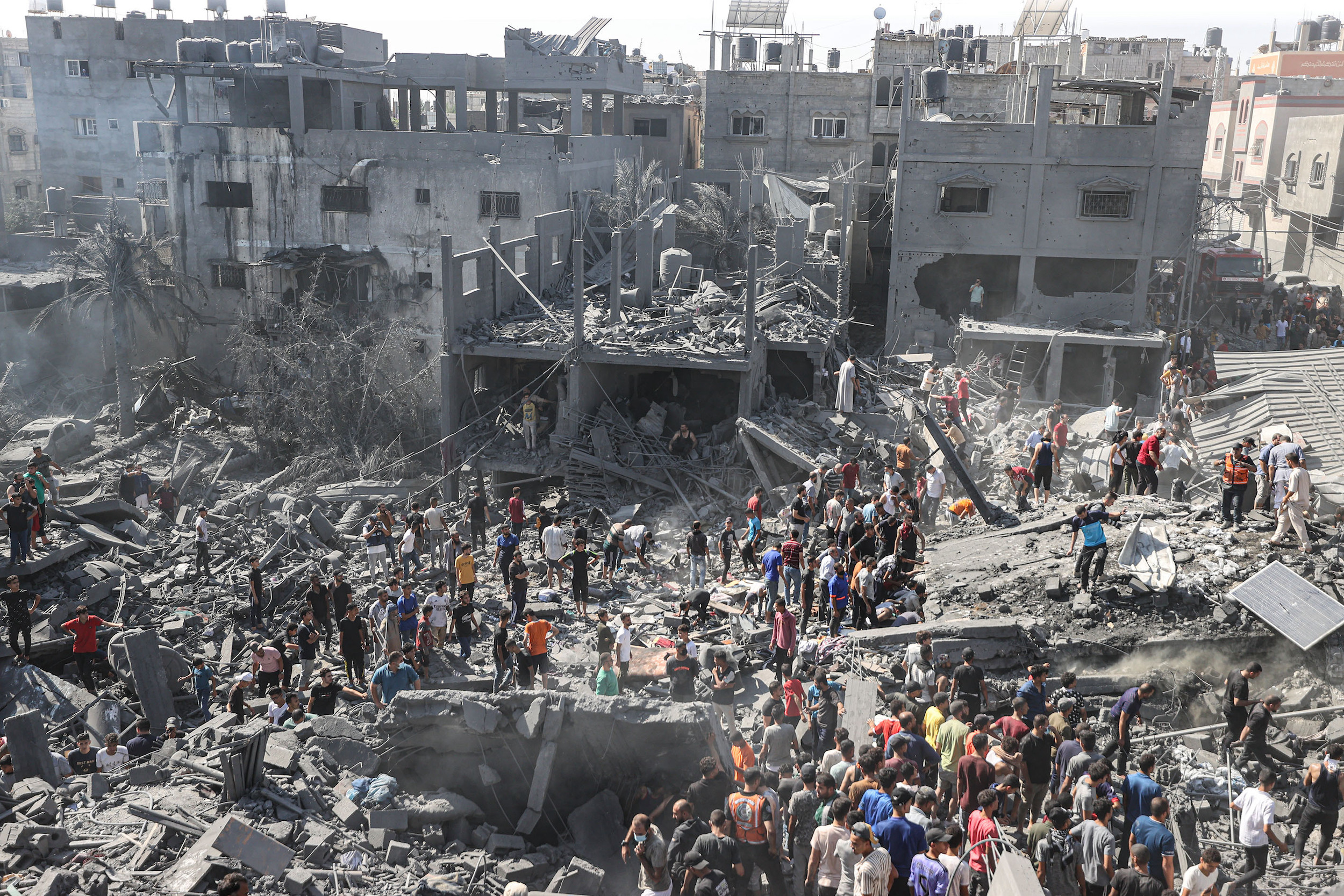المونديال وأشياء أخرى..
جرت العادة، بالنسبة إلى وسائل الإعلام الدولية الكبرى، أن تتعاطى مع كأس العالم لكرة القدم (ومع الأحداث الرياضية الكبرى بشكل عام) باهتمام منقطع النظير؛ إذ ترسل إلى الدول المنظمة فرقا متكاملة للعمل، تتضمن صحفيين وتقنيين وفنيين وغيرهم ممن يسهلون عمل الإعلاميين، على أن ينصَبّ تركيز التغطية كله على الملاعب.
ومع مرور الوقت، ظلت وسائل الإعلام الكبرى تتوسع في اهتمامها؛ إذ انتقلت من التركيز المحصور بكرة القدم والمنافسة في حد ذاتها، إلى مجالات أخرى اكتشفت أنها مهمة للغاية. وهذا لم يحدث فقط لأن التطور التقني فرضه، أو لأن المتلقي صار يعرف أكثر من قبل، ولكن أيضا لأن تلك المجالات -التي كان يُنظر إليها على أنها هامشية- تحولت إلى تغطيات مطلوبة في حد ذاتها، لا سيما بفعل ترابط الأشياء ببعضها.
فالفعل الرياضي، الذي كان ينحصر في الملاعب، ويتابعه المهتمون فقط، صار -بفعل ضخ الأموال وتدخل السياسة- ظاهرة اجتماعية ذات امتدادات اقتصادية وثقافية كبيرة. أما وقد حدثت الطفرة الرقمية، وتلاها انفجار وسائل التواصل الاجتماعي، فقد صار تأثيرها غير محدود، بل أحيانا غير مأمون (أحداث الشغب/اعتراض الجماهير على إقامة سوبر أوروبي)، وبالطبع، صار كل ما يحيط بها كذلك موضوعا لقصص الصحفيين.
فقصة إخبارية ذات بعد غير رياضي، ولكنها تهم لاعبا أو مدربا ما، وتتضمن عناصر الإثارة، قد تلفت إليها الجماهير أكثر من التدريبات، بل أحيانا أكثر من المباريات نفسها. بل إن أحداثا أخرى قد تكون بعيدة عن الملاعب تماما، ولكنها تتزامن مع تنظيم كأس العالم أو مسابقة كبرى، ربما تلقى الاهتمام غير المتوقع؛ فقط لأنها كانت في بوتقة الحدث، واتضح أنها مثيرة أو مسلية، أو تضيف معلومة إلى المتلقي، لا سيما إذا حظيت بانتشار كبير عل وسائل التواصل الاجتماعي (مثلا: ما أثارته مواقف رئيسة كرواتيا، كوليندا كيتاروفيتش، على هامش مونديال روسيا، وحتى وهي بعيدة عنه، أكثر مما أثاره أغلب اللاعبين ممن شاركوا فعليا في المباريات؛ سواء من الكروات أو غيرهم).
تجربة مونديالية
كنا بصدد الإعداد للذهاب إلى روسيا لتغطية مونديال 2018، حين بدأت تنهال عليّ أسئلة تخص الأسلوب الأنجع لنقل الحدث. وقررتُ، قبل ركوب الطائرة، أن أركز على "الأشياء الأخرى" التي لن توجد بالضرورة في الملاعب.
فالمباريات لا تشكّل، في العادة، سوى جزء من الحدث العالمي الكبير، الذي هو كأس العالم لكرة القدم. وبما أنها تكون مادة دسمة، حد التخمة، للقنوات الفضائية وصفحاتها على مواقع وسائل التواصل الاجتماعي؛ بالتصوير، والتحليل، والتعليق، والتدقيق، فضلا عن وقوعها "فريسة" بين يدي "الصحفي المواطن"، فيحسُن بالصحفي الذي يشتغل بالصحافة الرقمية أو المطبوعة أن ينتبه إلى "الأشياء الأخرى"، ويدع "الكرة في الهامش"، ولا نقصد بالهامش ألا تكون الحدث الرئيسي.
أن أكتب عن المنتخب الوطني المغربي، وعن لاعبيه، وعن مدربه، وحتى عن المنتخبات الأخرى، وضمنها على الخصوص منتخب البرتغال، الذي كان يوجد مع منتخبنا في المجموعة ذاتها، ويمتلك نجما عالميا شهيرا هو كريستيانو رونالدو، هو أمر طبيعي للغاية، ومتوقّع، ومفهوم. ولكن مواضع كهذه كانت ستشكّل، لا محالة، مادة دسمة لغيري من الصحفيين، فيما كنت أريد أن أتميز بشيء آخر مغاير ومثير وهادف في آن واحد.
زوايا معالجة "أخرى"
من بين أول الأشياء التي أثارت انتباهي، عند البدء بالتحرك لإنجاز تغطيات خاصة بالمونديال (فضلا عن جمالية موسكو، وعمرانها، ونظافة شوارعها، وشساعتها المبهرة، وكثرة المناطق الخضراء، وتلك التماثيل المتناثرة لزعماء الثورة البلشفية، خاصة لينين) هو وجود محلات لماركات أمريكية عالمية في مول يوجد أسفل الساحة الحمراء تماما!
شعرت، في تلك اللحظات، بالمكر الحقيقي للتاريخ، بل قل رأيته ماثلا أمامي، يسخر من كل شيء. وكتبت مادة في الموضوع، بعنوان "ستالين ماكدونالدز". كانت عبارة عن وصف للمكانين معا، وكيف صار رمز بارز للشيوعية المندثرة، وهو الساحة الحمراء، يحتضن رمزا مرموقا للرأسمالية (اقتصاد السوق)، هو ماكدونالدز، بين جنبيه، في تناغم عجيب!
في واقع الأمر، وجدتُ أشياء كثيرة مثيرة للكتابة، عدا ما يقع في الملعب من تدريبات ومباريات وحركية للجماهير وغيرها. ومما زاد الأمر إثارة تلك الصور الرائعة التي كان يتحفني بها زميلي المصور، عبد المجيد رزقو، رفيقي في الرحلة. فما إن أرى تطويعه للحظات العابرة في صور، حتى أتحفز أكثر فأكثر، وأرغب في المزيد. والمصور ينبغي أن يكون صحفيا قادرا على التقاط التفاصيل، ويساعد المحرر في اختيار القصص.
عندما ذهبنا إلى مدينة سان بطرسبورغ، عاصمة القياصرة، كتبتُ عنها باعتبارها "متحفا مفتوحا"، وعن سائق التاكسي الذي يشبه "زوربا". وحين زرنا مدينة كالينينغراد، كتبتُ عنها باعتبارها "إيفران مزيدة ومنقحة"، في إشارة إلى مدينة إيفران المغربية، التي يعدها كل المغاربة "سويسرا المغرب"، بشجرها وقرميدها الأحمر، وجمالها الفتان، وطبيعتها الخلابة، كما كتبتُ عن سوق السمك المجفف في كالينينغراد.
وحين عدنا إلى موسكو، حيث كان مقر الإقامة المركزي لرحلتنا، كتبتُ عن أشياء كثيرة؛ من ضمنها، مثلا، محطات الميترو الرائعة، وحركة السير، واحتفاء الروس بلغتهم؛ حتى إنهم يكتبون "ماكدونالدز" بالروسية، فضلا عن المراحيض، والحدائق، والعمران، وجمال الروسيات، والمسجد الكبير للعاصمة؛ تحت عنوان "مسجد موسكو.. الجلال والجمال"، وقباب الكنائس، وغير ذلك.
كنت أنشر المواضيع، تباعا، عبر صفحتي في موقع فيسبوك، حتى يصلني رد الفعل عفويا، فأعرف ما إن كنت أمضي في الطريق الصحيح أم يتعين علي أن أصححه، أو أغيره تماما. وكانت النتيجة، ولو نسبيا، ممتازة. بل إن المسؤولين في الصحيفة، على الخصوص، طلبوا مني المزيد من تلك الربورتاجات؛ على اعتبار أنها لقيت الاستحسان.
الكتابة لوسائط متعددة..
كنت موفدا، في تلك الأثناء، من صحيفة أخبار اليوم المغربية، الورقية، وموقعها الإلكتروني اليوم 24. وهكذا، كنت مطالبا، في الآن نفسه، بالتعاطي، إخباريا، مع أسلوبين مختلفين من الكتابة، بل قُل في التعامل مع ما كل يدور حولي، سواء في الملاعب أو خارجها.
لم يضِرْني، حينئذ، أنني لست أوجد ضمن فريق عمل، مثلما هو عليه الحال بالنسبة إلى صحفيين من تلك المؤسسات العالمية التي كانت حاضرة بقوة في مونديال روسيا، بل رحت أخوض المعركة، مسلحا بالطموح، والشهية المفتوحة، وكثرة الأشياء التي تستحق أن أكتب عنها، فضلا عن وجود مصور بارع للغاية، يعطي للمادة الصحفية فرادة خاصة، وفوق ذلك استثمار فرصة يمكن أن تأتي مرة في العمر.
وبما أنني كنت موزعا بين الصحيفة الورقية والموقع الرقمي، فقد أتاح لي ذلك -ولو على حساب راحتي المفتقدة كليا- أن أتابع منتخبنا الوطني، ونشاطه، ونشاط محيطه، فضلا عن بقية المنتخبات في المجموعة، بأخبار قصيرة، تفي للموقع بالغرض، قبل أن تطور شيئا ما، ليصبح لها مكانها الطبيعي في صفحات الرياضة بالصحيفة الورقية.
وهكذا، فحين كنت أتابع، مثلا، مباراة المغرب ضد إيران، في ملعب سانت بطرسبورغ، اشتغلت على اللحظة لفائدة الموقع، بالخبر، والصورة، والفيديو أيضا؛ حيث كانت المواد تنشر في حينه، وتباعا، فيما لم أنشغل بما يتعين وضعه في الصحيفة الورقية؛ فالمباراة وافقت مساء الجمعة، وهو اليوم الذي تُغلق فيه الجريدة مبكرا، وتضم عددي السبت والأحد (نهاية الأسبوع)، على أن يبدأ العمل في عدد الإثنين (بداية الأسبوع) يوم الأحد.
الصحافة مهنة المتاعب، لكنها أيضا مهنة المتعة. والشيء الوحيد الذي يحول المتاعب إلى متعة هو أن يكون الصحفي عاشقا لمهنته، ولديه القدرة على أن يتحول إلى طفل، يندهش باستمرار، ويطرح الأسئلة، ويلتقط الأفكار العابرة، ويحول الأشياء التي قد تبدو هامشية إلى بؤرة الاهتمام.
حدث معي شيء من ذلك في مونديال روسيا 2018، وحدث مرارا مع صحفيين يعشقون مهنتهم، فتحولت أعمالهم إلى تأريخ جميل لليومي، يجعل منه، في الأوقات اللاحقة، ذاكرة لا ينفك يحن إليها المتلقي، حتى ولو كانت لذكريات غير جميلة.
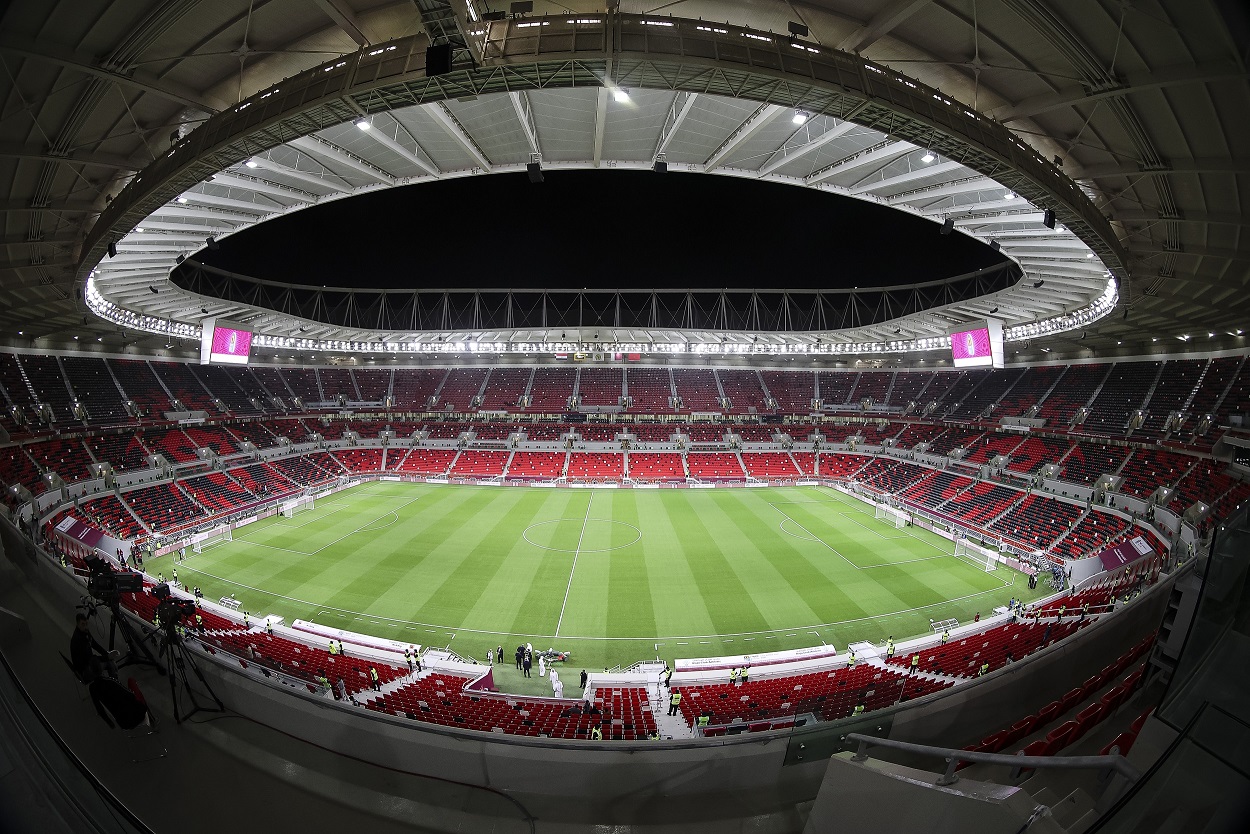
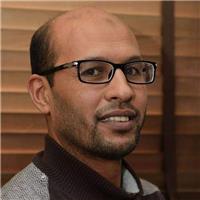


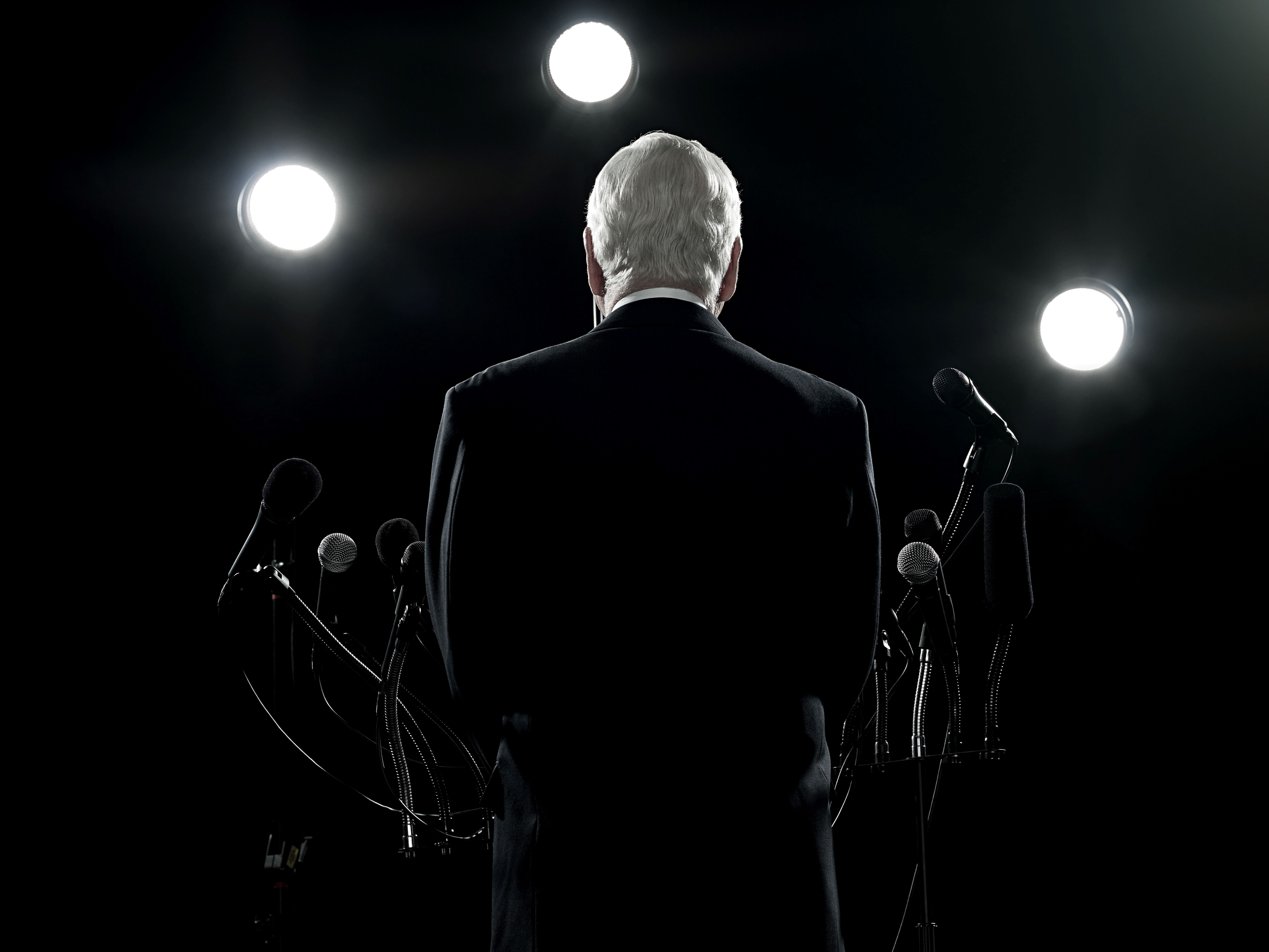



















![A demonstration against Israel's war on Gaza on Paulista Avenue in São Paulo on November 4, 2023, draws attention to the deaths of children while the media focuses on the war against terrorists. [Photo: Lina Bakr]](/sites/default/files/ajr/2024/Picture1.png)

